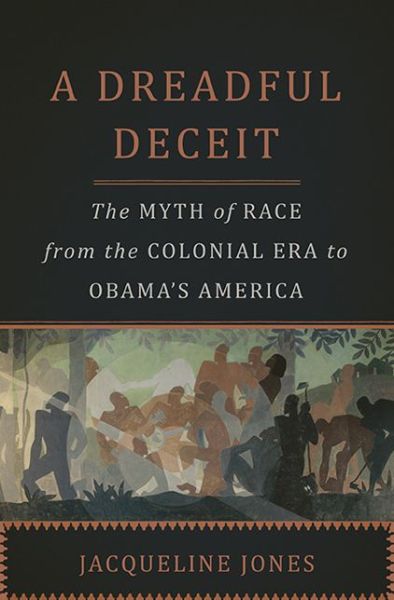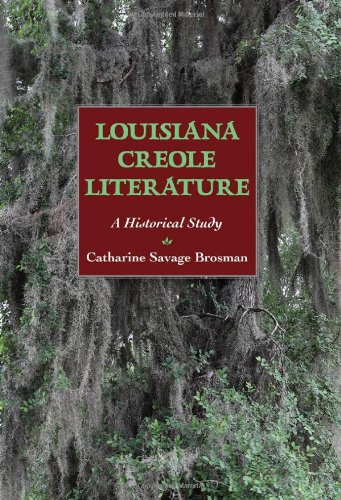Before the Windrush: Race Relations in 20th-Century LiverpoolPosted in Books, History, Media Archive, Monographs, United Kingdom on 2013-12-17 23:02Z by Steven |
Before the Windrush: Race Relations in 20th-Century Liverpool
Liverpool University Press
March 2014
288 pages
16 black and white illustrations, 1 colour illustrations, 1 maps
234 x 156 mm
Hardback ISBN: 9781846319679
Paperback ISBN: 9781781380000
John Belchem, Emeritus Professor of History
University of Liverpool
Long before the arrival of the ‘Empire Windrush’ after the Second World War, Liverpool was widely known for its polyglot population, its boisterous ‘sailortown’ and cosmopolitan profile of transients, sojourners and settlers. Regarding Britain as the mother country, ‘coloured’ colonials arrived in Liverpool for what they thought to be internal migration into a common British world. What they encountered, however, was very different. Their legal status as British subjects notwithstanding, ‘coloured’ colonials in Liverpool were the first to discover: ‘There Ain’t No Black in the Union Jack’.
Despite the absence of significant new immigration, despite the high levels of mixed dating, marriages and parentage, and despite pioneer initiatives in race and community relations, black Liverpudlians encountered racial discrimination, were left marginalized and disadvantaged and, in the aftermath of the Toxteth riots of 1981, the once proud ‘cosmopolitan’ Liverpool stood condemned for its ‘uniquely horrific’ racism.
‘Before the Windrush’ is a fascinating study that enriches our understanding of how the empire ‘came home’. By drawing attention to Liverpool’s mixed population in the first half of the twentieth century and its approach to race relations, this book seeks to provide historical context and perspective to debates about Britain’s experience of empire in the twentieth century.
Contents
- List of Tables
- List of Abbreviations
- Acknowledgements
- Preface
- Introduction: ‘The most disturbing case of racial disadvantage in the United Kingdom’
- 1. Edwardian cosmopolitanism
- 2. Riot, miscegenation and inter-war depression
- 3. War-time hospitality and the colour bar
- 4. Repatriation, reconstruction and post-war race relations
- 5. Race relations in the 1950s
- 6. 1960s: race and youth
- 7. The failure of community relations
- 8. ‘It took a riot’
- Sources consulted
- Index









